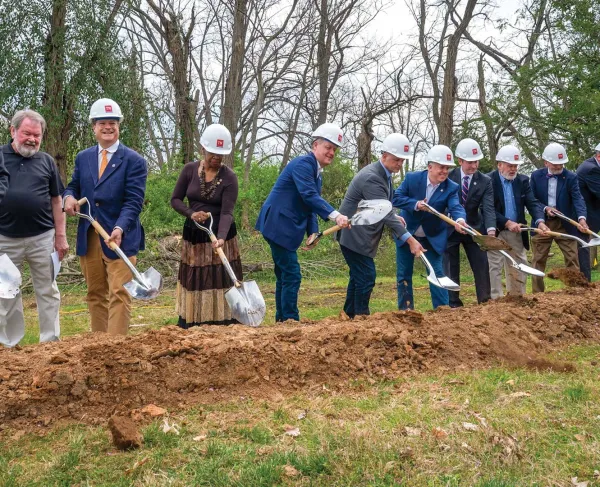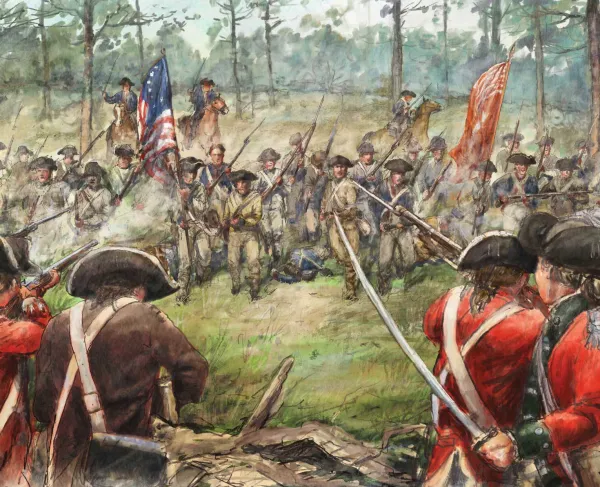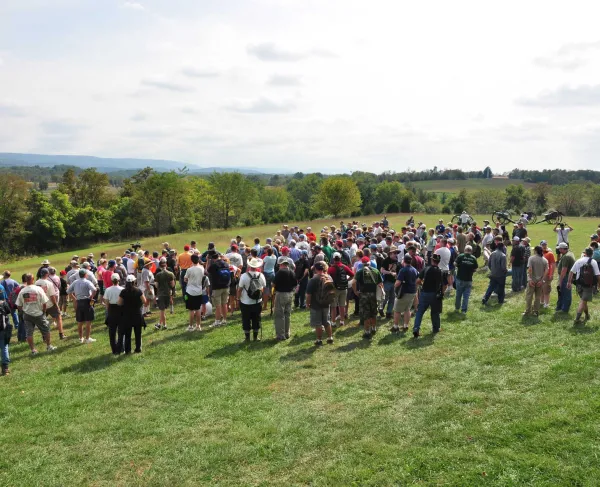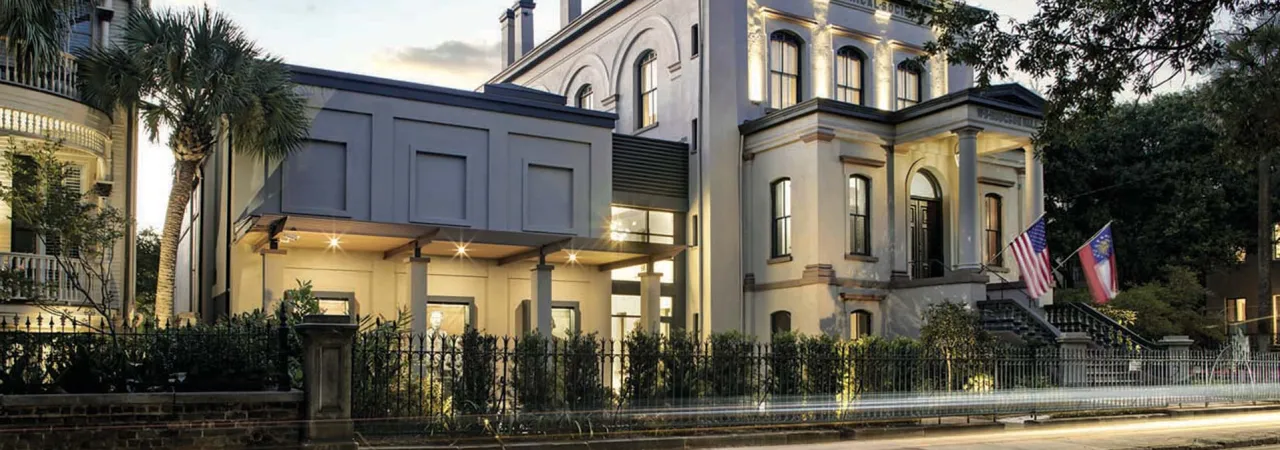
Hodgson Hall, completed in 1875, stands at the northwest corner of Forsyth Park in Savannah and houses the Georgia Historical Society.
As one of the original 13 colonies, Georgia’s place in American history is varied, complex — and downright engrossing. The Georgia Historical Society (GHS), founded in 1839, is responsible for housing this centuries-old history.
GHS believes in the power of history — that “an unflinching examination of our nation’s successes, as well as our failures, is crucial to maintaining our democratic republic and encourages us to live up to our ideals and aspirations.” And tangible connections to the past are integral to this. As one of the premier independent educational and research institutions in the nation, the Society boasts one of the oldest archives in the United States. According to the Society, its collections hold more than five million items, including 100,000 photographs, 30,000 architectural drawings, 20,000 rare and common books and thousands of maps, portraits and artifacts. Within that is the Button Gwinnett Collection, which holds materials related to one of only eight Founders born in Britain who signed the Declaration of Independence.
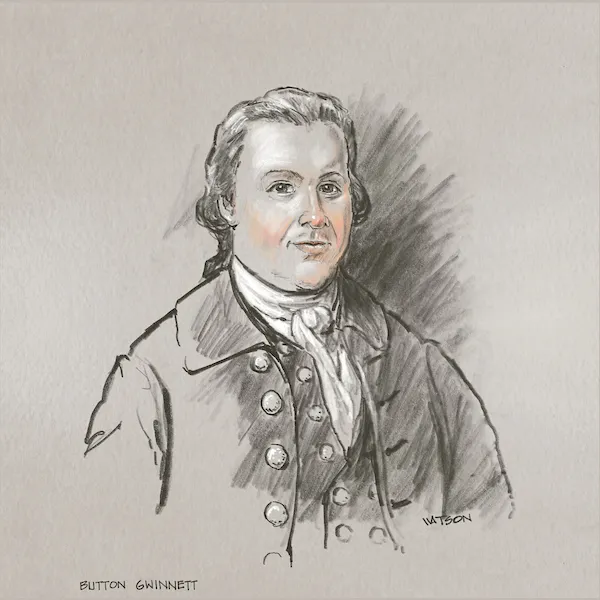
Gwinnett experienced professional highs and lows: running an unsuccessful mercantile business in Savannah, Georgia, in the 1760s transitioned into running an unsuccessful small plantation. He found more success in politics, first as a member of Georgia’s General Assembly and then as one of the 56 men who risked his life by signing his name to the Declaration of Independence. But this Founding Father’s tragic end came from a different quarter.
When war broke out in the colonies, Gwinnett sought to use his public stature to receive command of a Georgia battalion. His attempts were thwarted by Scottish-American, Lachlan McIntosh, who represented an opposing faction in Georgia’s deeply divided Patriot movement, igniting a bitter personal feud.
In 1777, the animosity reached a fever pitch when Gwinnett accused McIntosh’s brother, George, of treason and ordered his arrest. The Georgia Assembly compounded the “situation after investigating a failed patriot offensive into British-held East Florida, but laying the blame for the expedition on McIntosh.”
An infuriated McIntosh proclaimed Gwinnett “a scoundrel and a lying rascal” in front of the Assembly, resulting in Gwinnett issuing the challenge of a duel.
The pair met on May 16, 1777, outside of Savannah, with pistols loaded. Both were struck in the leg in the ensuing duel. McIntosh survived, but Gwinnett succumbed to infection and died three days later.
Incredibly, the Georgia Historical Society is in possession of not only the dueling pistols from that fateful day, but also a thigh bone, locks of hair and bone fragments, allegedly removed from Gwinnett’s gravesite!
The Society aims to make the “past relevant to the present… and use the power of our shared story to offer all Americans new and deeper perspectives on the past and present. GHS is committed to teaching the full story of American history. Understanding the past is crucial to maintaining our democratic republic and encourages us to live up to our ideals and aspirations.”
The bones of Gwinnett do just that. And although few Georgians encounter the relics on a daily basis, a million or more live with his legacy: The suburban-Atlanta Gwinnett County, the state’s second most populous, is named in his honor
